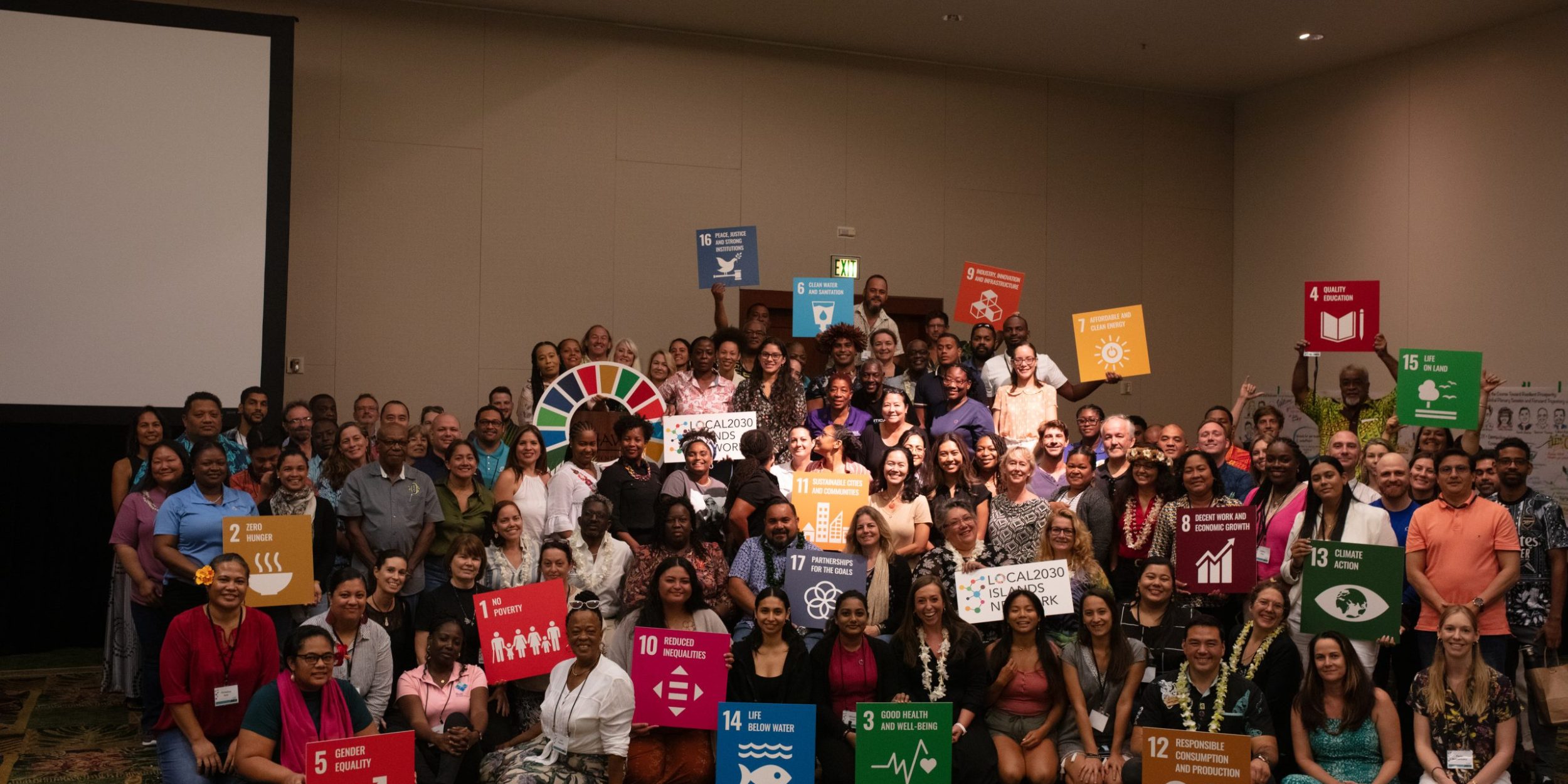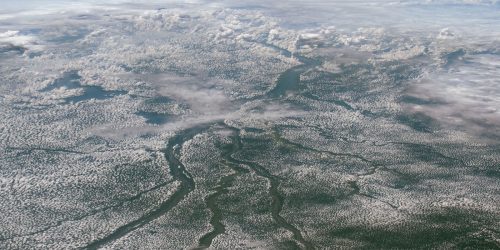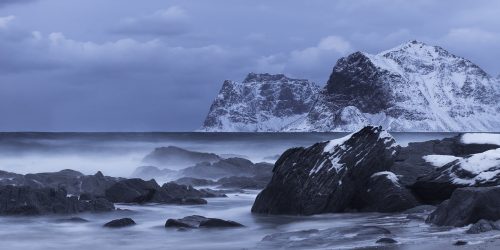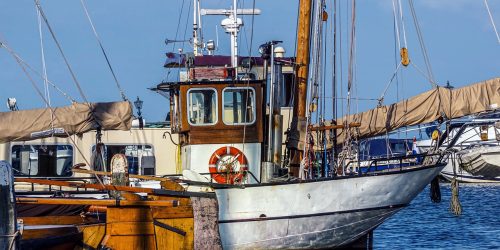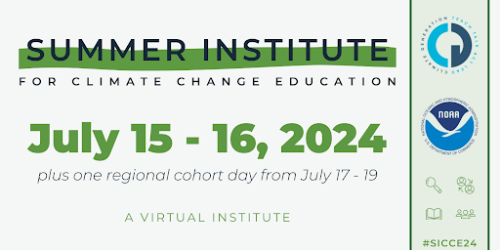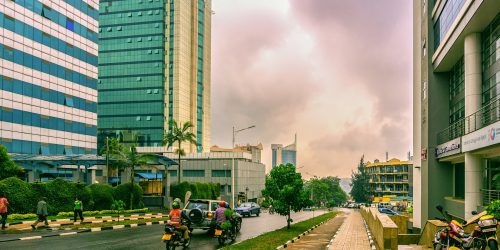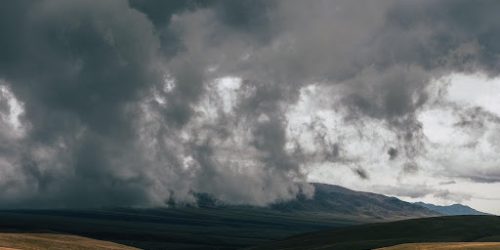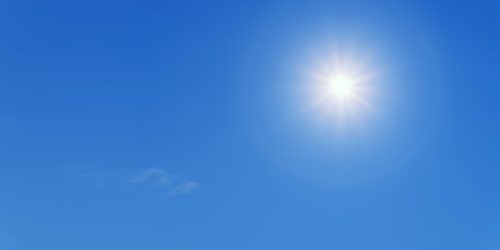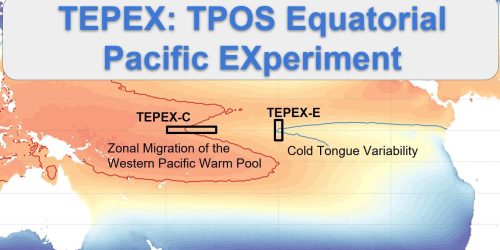NOAA’s Adaptation Sciences program, in partnership with the Marine Protected Areas (MPA) Center, provided technical and funding support for the Second Annual Gathering of the Local2030 Islands Network’s Communities of Practice on Data for Climate Resilience and Sustainable and Regenerative Tourism (April 23-25, 2024; Honolulu, Hawaii). These global scale communities of practice serve as platforms for peer-to-peer learning and technical exchange and collaboration, bringing together technical experts, cultural stewards, researchers, policy makers, and youth representatives working in and across islands to advance the local and culturally-informed implementation of the UN Sustainable Development Goals (SDGs) and to bolster climate resilience through the sharing of island-led solutions. With a theme of “Island Solutions for a Resilient Future”, this year’s in-person convening of the communities brought together over 160 participants from 42 diverse island economies spanning much of the globe. Together, participants identified and shared their experiences with island-driven solutions, and participated in technical training related to complex adaptation and resilience challenges such as food security, water and marine resources, ecosystem management, and public health and safety. The event was kicked off by an event hosted by Hawaiʻi Governor Josh Green and First Lady Jaime Green, where he highlighted the importance of island leadership in achieving the global Sustainable Development Goals (SDGs).
Lisa Vaughan of NOAA’s Climate Program Office gave remarks in the opening ceremony and spoke about blue carbon in one of the technical sessions; Lauren Wenzel and Gabrielle Johnson with the MPA Center and Scott Shatto of the National Marine Sanctuaries Foundation (working with CPO’s AdSci program) led workshops on regenerative tourism, climate resilience and citizen science; the Pacific CAP/RISA Team and John Marra of NOAA/NESDIS presented their work on a Climate Services Information to Action Framework and engaged with participants about potential applications for climate resilience; The Ocean Foundation spoke about their work on blue carbon and their partnership with NOAA and the Local2030 Islands Network; the Guam and Hawaii Sea Grant Programs shared their experiences with developing Green Growth partnerships and dashboards and fellowships; and Amara Davis of the National Sea Grant Program Office engaged with participants to learn more about their coastal knowledge and management interests and needs.
NOAA’s support for the Local2030 Islands Network provided through a partnership with the U.S. Department of State under the President’s Emergency Plan for Adaptation and Resilience (PREPARE).
Presentations and a report from this event will soon be available.
For more information, contact Lisa Vaughan.
Image credit: The Local2030 Islands Network


